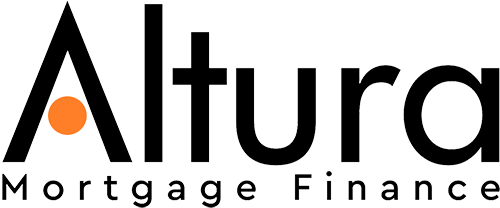 More than half of all borrowers will see their fixed-rate mortgage deal end in the next three years. That’s the recent conclusion of research published by Mortgage Solutions that suggests millions of homeowners will be shopping around for a new deal in the coming months and years.
More than half of all borrowers will see their fixed-rate mortgage deal end in the next three years. That’s the recent conclusion of research published by Mortgage Solutions that suggests millions of homeowners will be shopping around for a new deal in the coming months and years.
While much of the focus in the news in recent weeks has been about the rising cost of fixed-rate mortgages, there has been increased interest from borrowers about their tracker mortgage options.
Indeed, the Telegraph reports that searches for tracker mortgages surged by 115% in the seven days to 17 October compared with the week before the mini-Budget.
Fixed-rate deals might provide you with certainty, but could a tracker deal help you to keep your costs down during the cost of living crisis? Read on for the pros and cons of both types of deal, and what you should think about if you’re looking for a new mortgage in the next few months.
Fixed rates provide certainty – but at a cost
As the name suggests, a fixed-rate mortgage sees your interest rate – and your repayments – fixed for a specified period. Fixed-rate deals are normally available over two, three, five and 10 years.
The main advantage of this type of deal is that you benefit from the certainty that you know exactly what you will pay. If you take out a five-year fixed rate, for example, you’ll know that your repayments won’t change for five years – irrespective of what happens to wider interest rates.
Of course, this can be a benefit if interest rates rise, as your repayments will stay the same. However, one of the disadvantages of a fixed rate is that, if interest rates fall, your rate will stay the same.
Another factor to consider is that fixed-rate deals typically come with “early repayment charges” (ERCs). This means that you will generally have to pay a charge if you repay more than 10% of your outstanding mortgage balance in any given year.
Tracker rates could cost less initially – but your repayments could rise sharply
A tracker-rate deal will normally track the Bank of England (BoE) base rate – for example, your deal might be “base rate plus 1%”.
The interest rate you will pay will change depending on underlying interest rates. So, for example, if you had taken a tracker rate at the very start of 2022, you would have seen your monthly repayments rise seven times this year as the BoE raised the underlying base rate.
One of the main advantages of a tracker deal is that you will often find that your initial monthly repayments on a tracker deal are lower than they are on a fixed rate. And, if interest rates were to fall in the future, you could expect your monthly repayments to fall accordingly.
However, if interest rates were to rise – as they have done in 2022 – your mortgage repayments would become more expensive on a tracker deal. So, you would need to be sure that you could afford potentially significantly higher repayments in the future, were the base rate to rise.
An additional benefit is that many tracker-rate deals come with either low or no early repayment charges. This can make this type of deal more flexible, for example if you knew you wanted to pay off a lump sum over the next couple of years.
Fixed vs tracker in the current mortgage market
With the BoE base rate currently standing at 3%, some lenders are presently offering tracker-rate deals that are cheaper than their fixed-rate equivalent.
For example, as of 4 November 2022, for a 75% loan-to-value remortgage, HSBC offer:
- A two-year tracker rate with an initial interest rate of 3.87%
- A two-year fixed rate with an interest rate of 5.69%.
So, if you’re seeking the lowest possible repayments now, a tracker deal could offer that. However, with the BoE set to raise interest rates further in 2023, you can expect your repayments to rise over the coming months.
If you prefer the certainty of knowing exactly what your repayments will be, a fixed rate could be a better choice.
Get in touch
If you’re looking for a new mortgage and you’re unsure which is the right option for you, please get in touch. We can talk you through your choices and help you to find the most appropriate deal for your needs.
Email [email protected] or call us on +44 (0) 20 3411 0079.
Please note
Your home may be repossessed if you do not keep up repayments on a mortgage or other loans secured on it.




